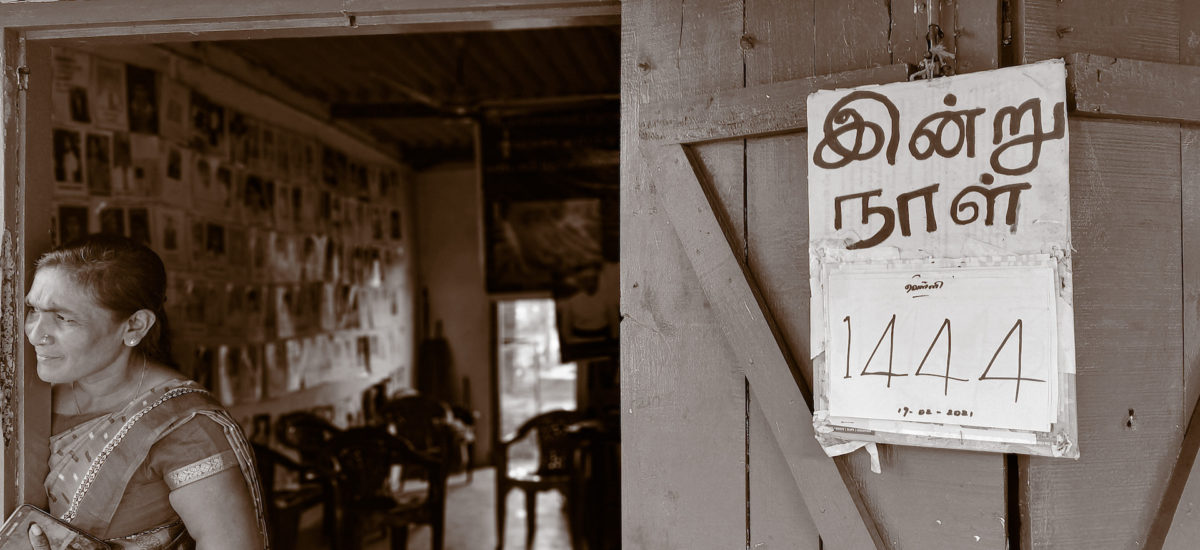The recommendation to downgrade Sri Lanka’s Human Rights Commission (HRC) from Grade A to Grade B by the International Coordinating Committee of National Institutions for the Promotion and Protection of Human Rights, which is the international body that regulates national human rights institutions, is not surprising.
The government of President Gotabaya Rajapaksa has deliberately neglected the HRC during the past two years. This is not by accident. The orientation and policy direction of the government has been to strengthen its authoritarian position and to regard the violations of human rights as matters that do not require recognition by the state. Instead, it is trying to give an image to the world that Sri Lanka is a country where human rights violations are not happening to any significant degree.
This is not the first time that the HRC has been downgraded. It was done before when the malfunctioning of the HRC had become so obvious that it was no longer possible to treat it with respect. Despite the process of downgrading, upgrading and again possible downgrading, there are serious questions that have not been addressed about the nature and the function of the HRC in terms of the Constitutional structure of Sri Lanka.
The 1978 Constitution is built on principles that are opposed to democracy and the rule of law. This Constitution has created a position of a Head of State (and Executive President) who is above the law and above the jurisdiction of the courts. Within the state structure, all institutions suffered a severe downgrading. Parliament itself was demoted and so was the judiciary; they were made subordinate to the Executive President who was in no way bound to respect any law whatsoever.
The downgrading of public institutions has taken place since the 1978 Constitution and as the time goes by, it has reached a level where the rule of law does not matter at all. The public commissions that were appointed at various stages were made within the context of this state structure where fundamental notions of accountable governance were completely displaced.
We have a policing system which, if there was an international committee to judge its quality, would downgrade it to the lowest degree. Similar downgrading would also be made concerning institutions dealing with criminal investigations such as the Criminal Investigations Department (CID) and other security agencies.
What is happening to public institutions is a mere by product of a Constitutional system that is made to support a political system that is bound by no law, international norms or standards.
The international community dealing with human rights has not fully understood the enormous Constitutional crisis that exists in Sri Lanka. Within the Constitutional setup, independent commissions cannot function. At times, if a limited liberal atmosphere prevailed, some space may be given by a more moderate regime for a limited functioning of the commissions. The HRC has never gone beyond that stage even at the best of times. In fact, this was not possible due to the situation prevailing within the country’s legal system.
Local and international organizations that are concerned about thousands of people who suffer due to human rights violations need to pay attention to the ultimate cause of these problems in the Sri Lankan context – that ultimate cause is the supreme law of Sri Lanka, which is the Constitution.
The Constitution provides the environment for intense forms of human rights violations. It must also necessarily prevent investigations and the pursuit of any other remedies for these violations. These two aspects are two sides of the same coin.
The downgrading of the HRC will not result in removing the ultimate causes that prevent its proper functioning. The International Coordinating Committee of National Institutions for the Promotion and Protection of Human Rights needs to address problems that exist under certain circumstances in some countries such as Sri Lanka. Mere recommendations to make conditions better while the legal obstacles to any agency that tries to deal with violations of human rights exist, will only result in creating illusions of human rights protection. In reality, those who resort to such institutions for a remedy are bound to have the bitter experience of not only suffering from violations of human rights done by state agencies but also the humiliation of learning that there is no capacity within the Sri Lankan state structure to resolve their grievances.


